The World Trade agreement is proved to be a major breakthrough in the history of the world trade. It was sought member of challenges and opportunities to the trading countries in general and trading communities in particular. The WTO provides a new legal basis for the world trade in goods and services, the protection of intellectual property rights and to a lesser extent trade related investments. The services industry as it is acknowledged to knowledge based industry is a emerging and challenging area, where most of the LDCs have an opportunity to trade their services and talent. Most of the LDCs belongs to knowledge domain countries. The WTO is a common organisational and institutional organ to develop trade relations among its members and to serve as a forum for negotiations on further trade liberalization with global discipline. The basic-principle of WTO remained the same as those of GATT 1947. However the significant difference lies in single undertaking of legal framework. Which has helped to solve the problems involved in GATT operations. Multilateral agreement with a gprovision of inbuilt dispute settlement and surveillance under the Trade Policy Review Mechanism. The Problem of the riders has been effectively and indefinitely delayed adherencing to the earlier standards of the global trade regime. The protection of certain non-comforting measures have been significantly diminished. The world after Cancun and Doha declarations is motivated to divide in two groups viz. developing. The unity among LDCs in some cases is differing and motivated towards regionalisms and political commitments. Consequently, the negotiations are not result oriented. On the contrary lobbying is becoming one of magical move to influence the dominating group in the world trade. To study and highlight the effects of WTO on various aspects of the economy has proved to be an interesting issue of the researchers. Ten years of its (WTO) existence is a sufficient time to assess the end results of the provisions. The macro-economic scenario is not enough to diagnose the ill effects of WTO.
Irrigation Water Pricing
$46.80
$52.00

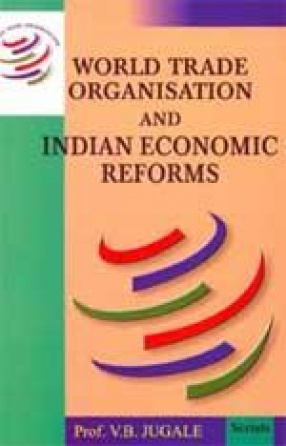
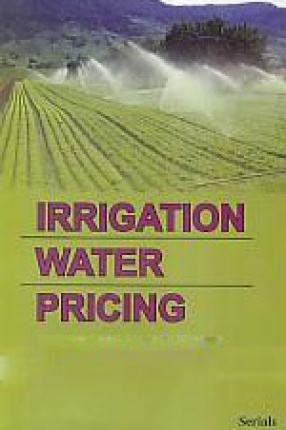
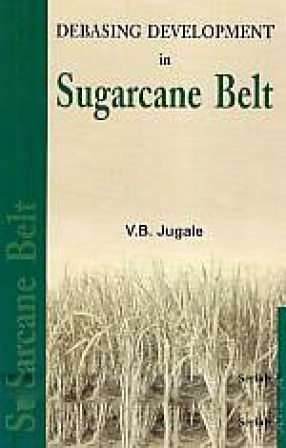
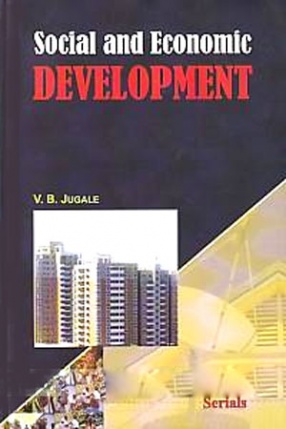
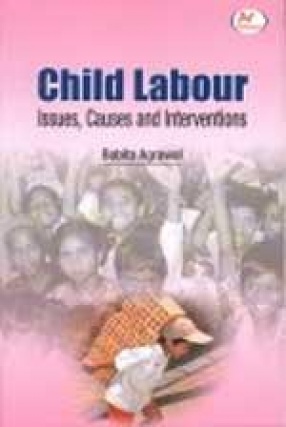
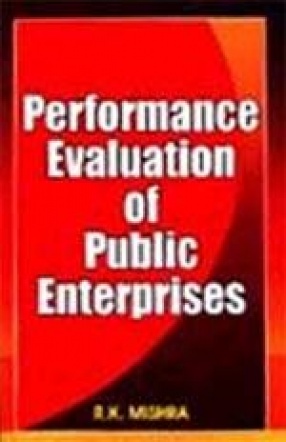
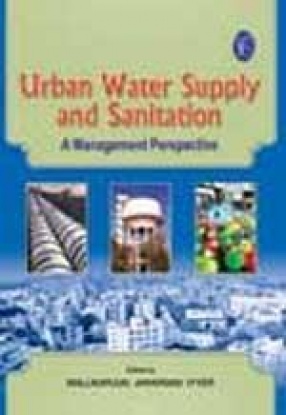
There are no reviews yet.